Upcoming Events in Lincolnville
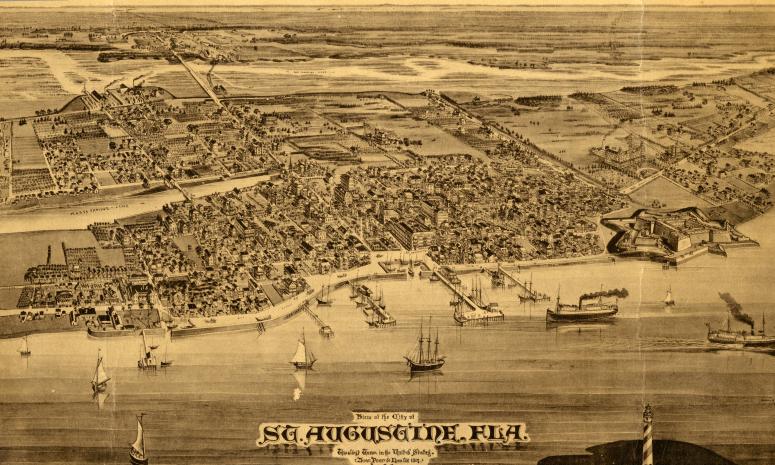
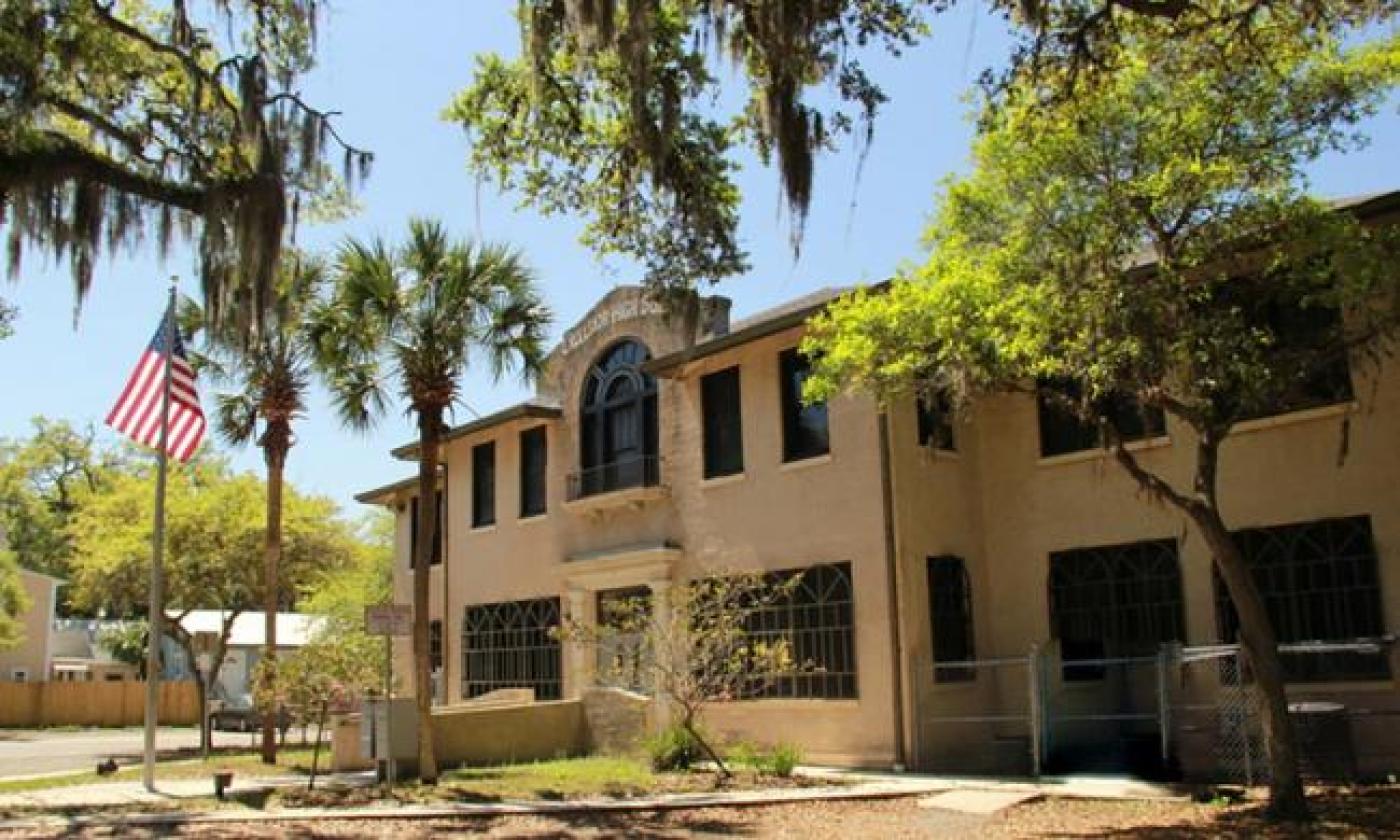
Civil rights roots, front-porch living, and history on every corner.
Founded in 1866 by freedmen on land that once held plantations, the neighborhood grew into a strong, close-knit community—home to working families, skilled craftsmen, educators, and business owners. You’ll still feel that spirit today—in the creak of old porch steps, the color of hand-painted murals, and the rhythm of everyday life on its streets.
About 0.5 miles from Historic Downtown.
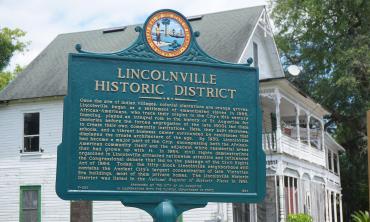
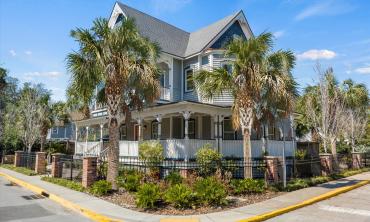
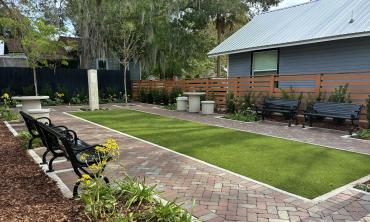
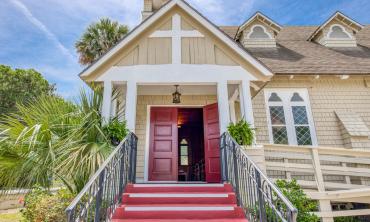
Lincolnville’s streets tell a powerful story.
From homes built by Black professionals to sites tied to the Civil Rights Movement, this neighborhood was home to leaders like Dr. Robert Hayling and it was also a temporary refuge for Dr. Martin Luther King Jr.
Today, Lincolnville is as soulful as ever—telling a living story of resilience, courage, and community.
Lincolnville is a historic neighborhood in St. Augustine established in 1866 by freed slaves. It has played a significant role in African American history and the Civil Rights Movement.
Lincolnville is situated within St. Augustine's Historic District, just southwest of the central plaza. It's bordered by Cedar, Riberia, Cerro, and Washington streets, and encompasses several significant historic sites.
Yes, Lincolnville is known for its historic charm, community focus, and proximity to downtown St. Augustine. The neighborhood features a mix of restored Victorian homes and modern amenities, making it attractive to both locals and visitors.
Walking tours are a popular choice, enabling you to appreciate Lincolnville's architecture, history, and local businesses. Additionally, the Lincolnville Museum and Cultural Center offers glimpses into the neighborhood's storied history.
Lincolnville was a hub for civil rights activism in the 1960s. Leaders like Dr. Robert Hayling and Dr. Martin Luther King Jr. organized, and participated in, events here, contributing to the passage of the Civil Rights Act of 1964.
The neighborhood maintains its historical integrity through preserved architecture, museums, events, and cultural centers. The community's efforts ensure that the Lincolnville's legacy remains accessible for future generations.
No matter what draws you in, Lincolnville welcomes you to explore, learn, and enjoy your stay.
Visit the ACCORD Civil Rights Museum—Florida’s first, dedicated to the Civil Rights Movement—and walk the Freedom Trail to follow the stories that shaped a nation.
Catch blues on the breeze, spot hand-painted murals, and browse eclectic shops with heart.
Step into a century-old ice plant, sample a local pour, and savor the spirit of Lincolnville.
Shop small and support the people who make Lincolnville what it is.
From upscale southern fare to soulful street bites, Lincolnville serves up fresh bites with flavor and style.
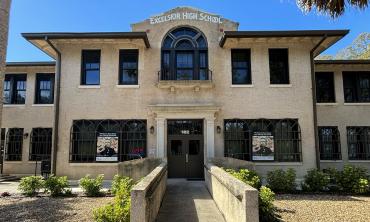
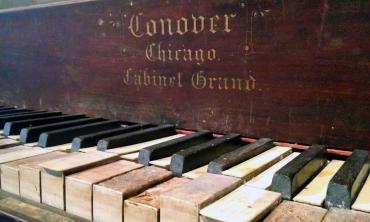
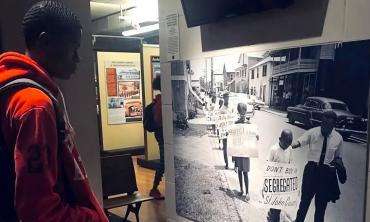
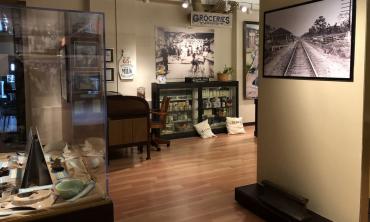
Honest, moving, and deeply human.
Inside St. Augustine’s first Black public high school, the Lincolnville Museum and Cultural Center shares St. Augustine's broader story through the people who helped shape it. From Reconstruction to the Civil Rights Movement and beyond, explore more than 450 years of African American history.
86 Martin Luther King Dr.
81 Weeden St.
